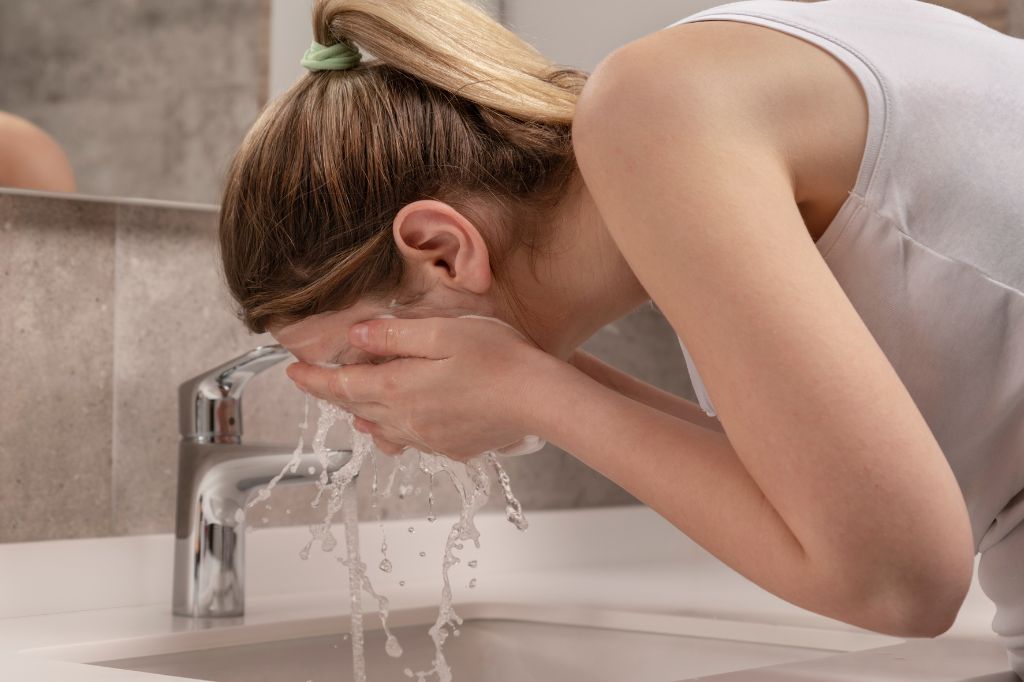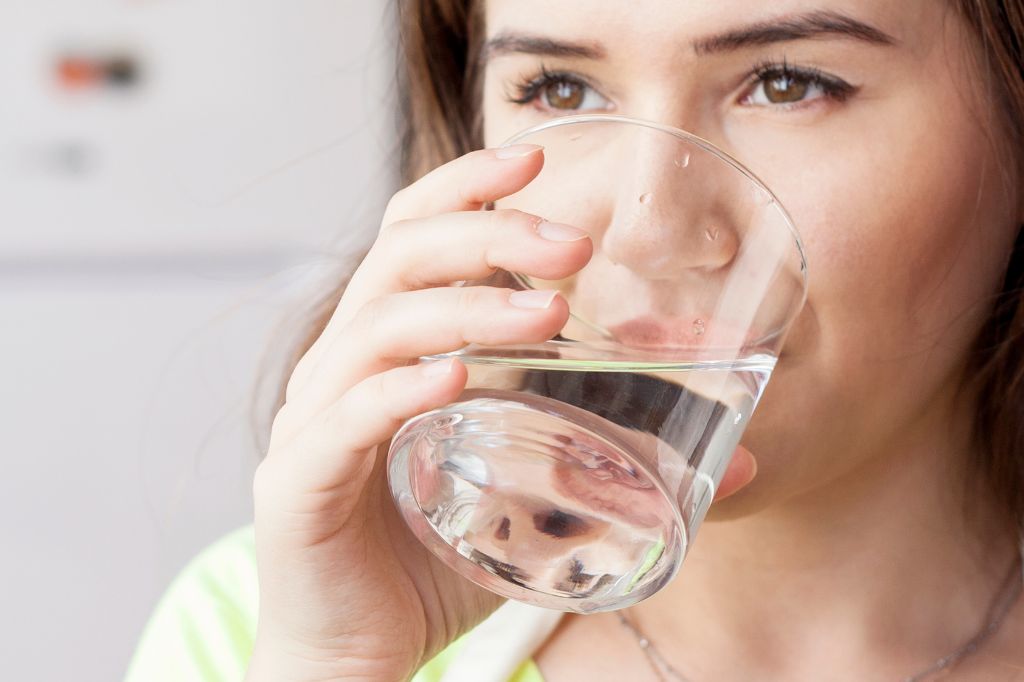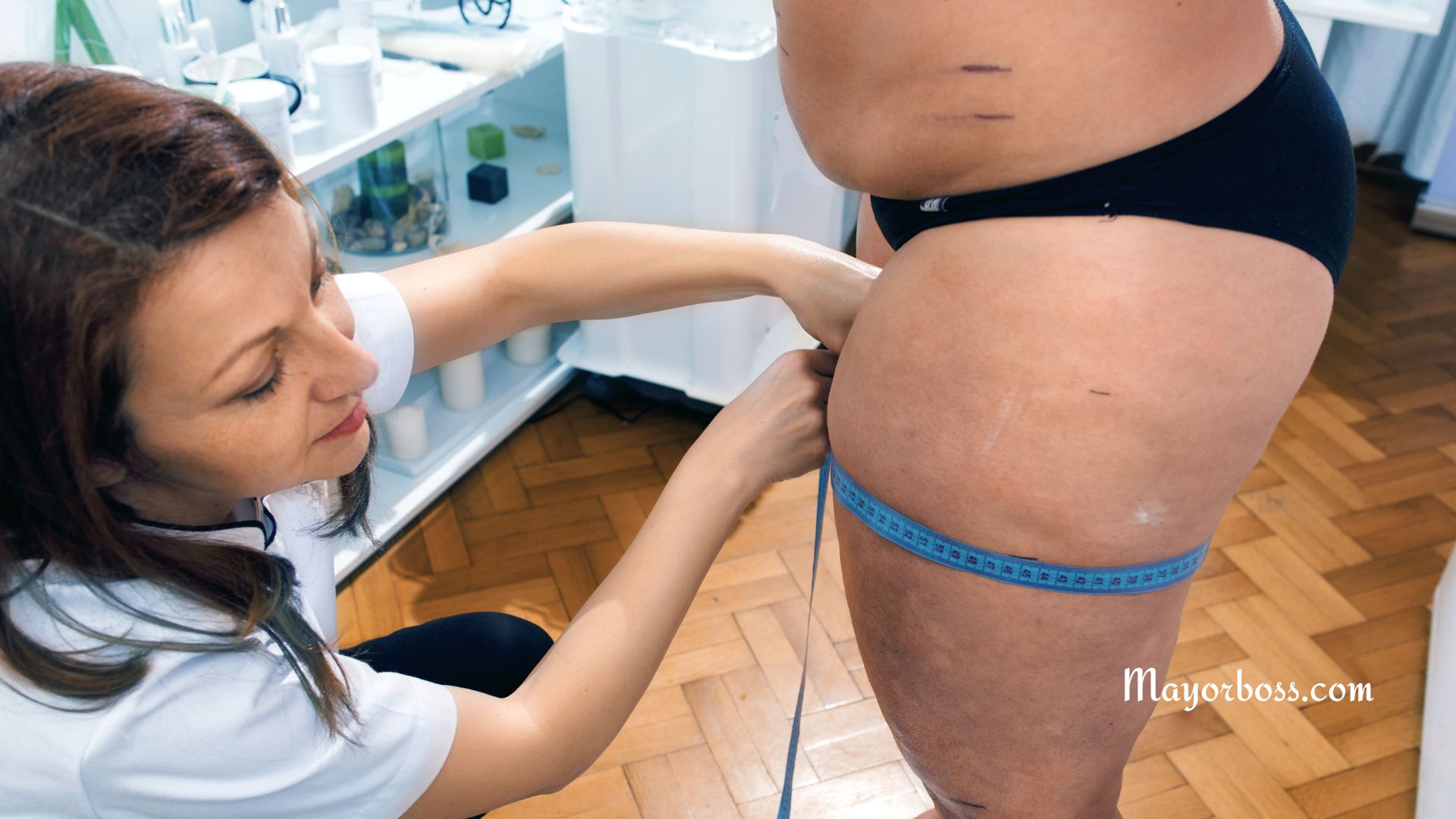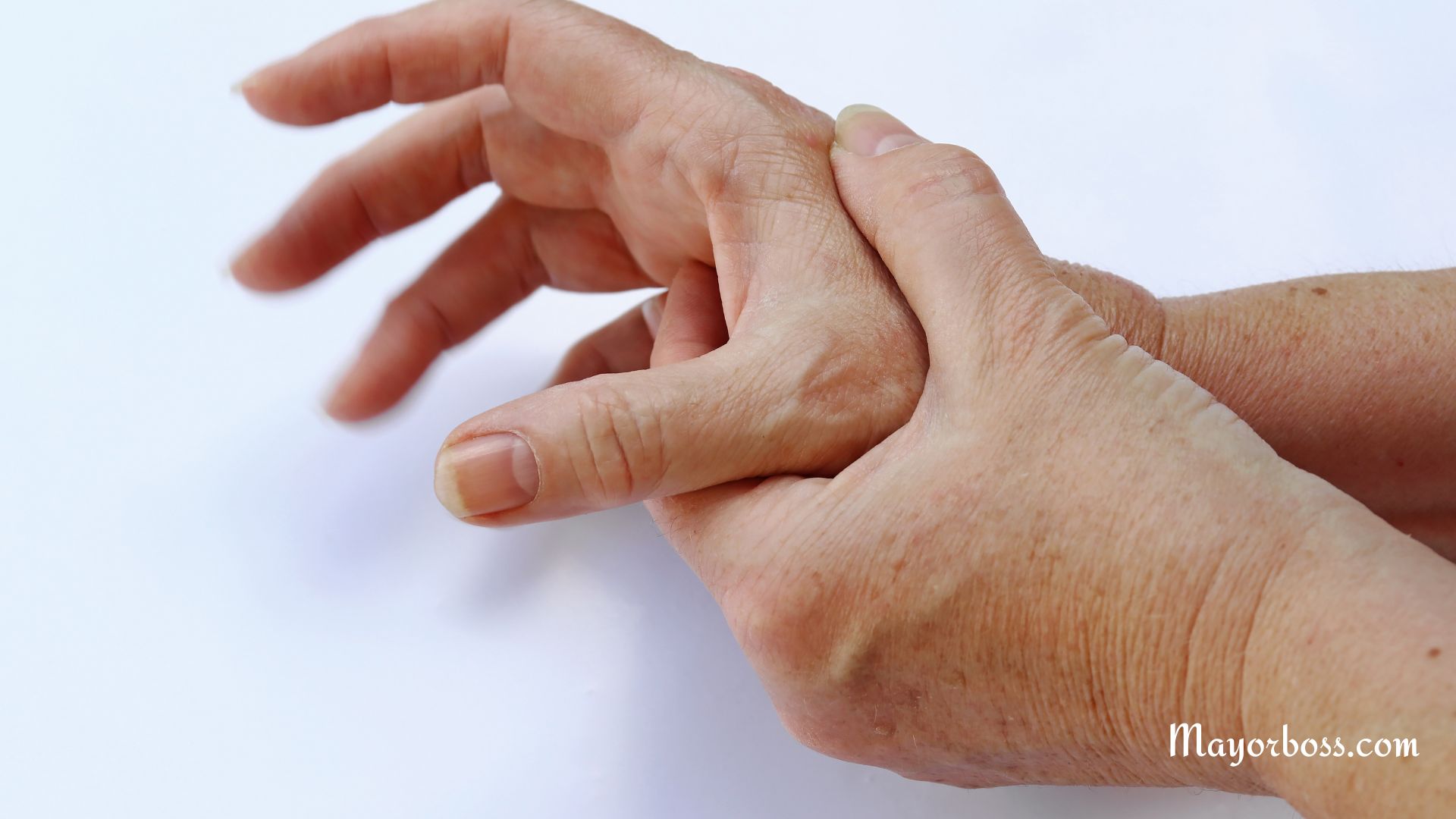How to Reduce Face Swelling
Swelling of the face (also known as facial edema) is a common problem that can be caused by everything from allergies, too much alcohol, dehydration, eating too much salt, and hormone changes to water retention. In some cases, facial swelling can be a sign of a life-threatening condition. For example, it could be a sign of anaphylactic shock. But there’s good news. There are a few simple things you can do to reduce the swelling and get your face back to its normal size.
How to reduce face swelling
1. Wash your face with cold water
The best way to reduce face swelling in the morning is to wash your face with cold water immediately after waking up. Cold water will help to constrict the blood vessels in your face and reduce inflammation.

2. Apply a cold compress
One of the quickest and easiest ways to reduce facial swelling is to apply a cold compress to the affected area. You can make a cold compress by wrapping ice in a cloth or using a frozen gel pack. Apply the compress to your face for 10-15 minutes, then remove it for 10-15 minutes. Repeat this process as necessary.
3. Take an anti-inflammatory medication
If you are in pain and the swelling is severe, you may want to take an over-the-counter anti-inflammatory medication such as ibuprofen or aspirin. Just be sure not to take more than the recommended dosage.
4. Take an antihistamine
If your face swelling is due to allergies, an over-the-counter antihistamine like diphenhydramine (Benadryl) can help reduce symptoms. Just be sure to read the label carefully and don’t take more than the recommended dosage.
5. Applying an over-the-counter hydrocortisone cream
Topical hydrocortisone is used to treat swelling of the face. Apply a small amount of cream to the affected area several times a day.
6. Drink plenty of water
Sometimes the solution to swelling face is drinking a lot of water. As you drink more water, your body will get rid of the excess fluid that is causing the swelling. Try to drink at least 8 to 12 glasses of water a day.

7. Sleep with your head elevated
When you sleep with your head elevated, gravity helps drain the fluid from your face, which reduces the swelling. To sleep with your head elevated, prop yourself up on two or three pillows or sleep in a recliner chair.
8. Avoid salty foods
Eating salty foods can cause your body to retain water, which can lead to facial swelling. To help reduce the swelling, cut back on salt and stay away from processed foods. These foods often have a lot of salt in them.
9. Limit your alcohol intake
A night of drinking can lead to dehydration and swollen, puffy appearance the next morning. To avoid this, limit yourself to one or two drinks per night.
10. Eat anti-inflammatory foods
Certain foods can help to reduce inflammation throughout the body, which can, in turn, swelling of your face. Anti-inflammatory foods include almonds, salmon, turmeric, ginger, green tea, and dark leafy greens such as spinach and kale. Incorporate these foods into your diet as much as possible to help reduce facial swelling.
11. Try natural remedies
According to Ayurveda, several natural remedies are effective in reducing facial swelling and inflammation. These include aloe vera gel, chamomile tea bags, cucumber slices, and green tea bags. Simply apply one of these remedies to the affected area for 10-15 minutes at a time for relief.
12. Avoid smoking
Smoking constricts blood vessels and decreases circulation, which can lead to face puffiness. If you smoke, quitting is the best way to reduce the swelling.
When to see a doctor
In most cases, facial swelling is not harmful and will resolve on its own without any complications. However, if you have severe facial swelling that lasts for more than a week or if you experience shortness of breath, difficulty swallowing, or hives, seek medical attention immediately, as this could be a sign of a more serious condition such as anaphylaxis or angioedema.
ALSO READ: 11 Reasons Why You Have Swollen Feet, Ankles or Legs
Frequently Asked Questions
How long does face swelling last?
The duration of facial swelling depends on its underlying cause. If your face is swollen due to seasonal allergies, the swelling should go down when the allergen is no longer present. If your face is swollen due to fluid retention, the swelling should subside within 3 to 5 days after you make lifestyle changes or start taking diuretic medication. However, if your face is swollen due to PMS, the swelling will typically go down within a week after your period starts.
Can I use makeup to cover up my face swelling?
Yes, makeup can be used as camouflage to cover up minor facial swelling. Use foundation or concealer one shade lighter than your natural skin tone to brighten up the area around your eyes. For extra coverage, use a green-tinted concealer under your regular concealer to neutralize any redness associated with inflammation.
What causes face swelling?
There are many different causes of facial swelling. Some common causes include allergies, pregnancy, hormonal changes, fluid retention, and consumption of high amounts of salt or alcohol. Swelling can also be caused by conditions such as sinus infections, cellulitis, and tumors.
What are the symptoms of face swelling?
In addition to a swollen face, other symptoms may include itching, redness, pain, watery eyes, difficulty moving the affected area, and hives or rash.
ALSO READ: How to Lose Fat on Your Face






